Management of Depression, Part 1: Identification and Diagnosis
- The two leading classification systems for diagnosing mental illness are the Diagnostic and Statistical Manual of Mental Disorders (DSM) published by the American Psychiatric Association and the ICD-10, the most recent edition of the International Classification of Diseases published by the World Health Organization.
- There is no standard medical workup for a patient presenting with depression. Health care providers use their clinical judgment in conjunction with a good history, review of medical systems, and physical examination. Indiscriminate ordering of laboratory tests in depressed patients rarely yields useful results. A pooled analysis of psychiatric inpatients showed the rates of clinically significant laboratory findings to be remarkably low.
- Single-photon emission CT (SPECT) has been promoted by some as a reliable tool in diagnosing and treating a number of psychiatric disorders, including depression. SPECT measures regional cerebral blood flow using a gamma-emitting tracer in the blood.
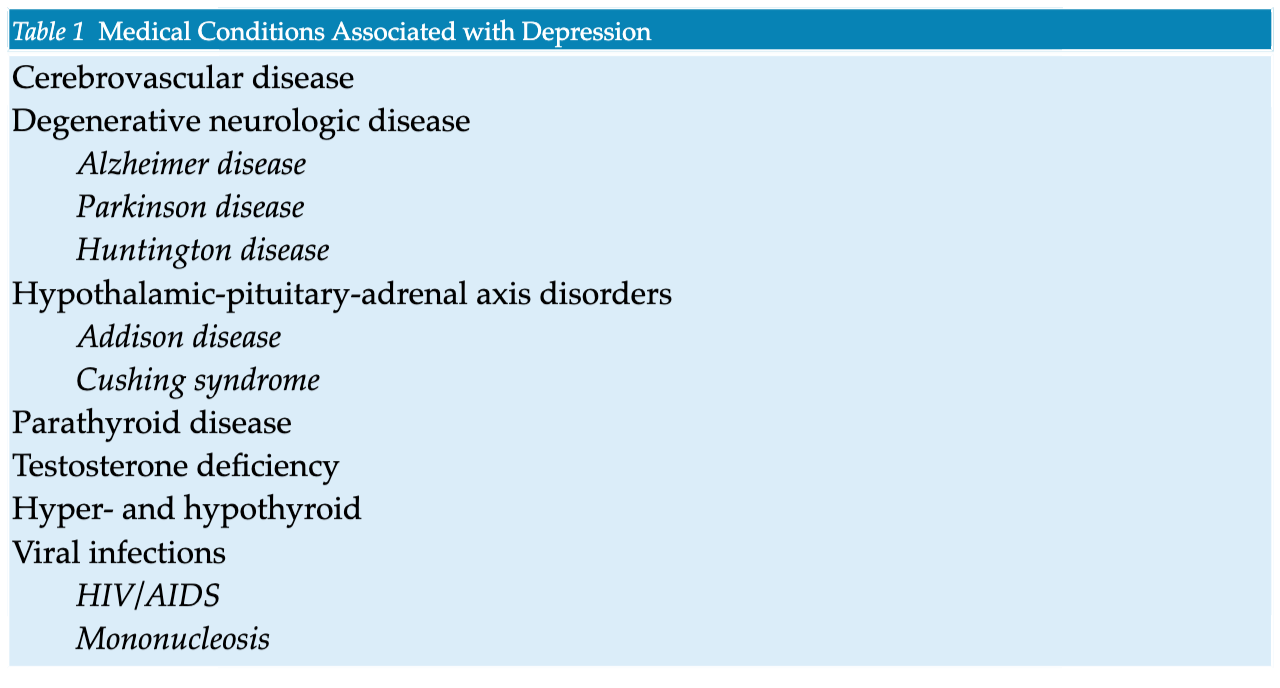
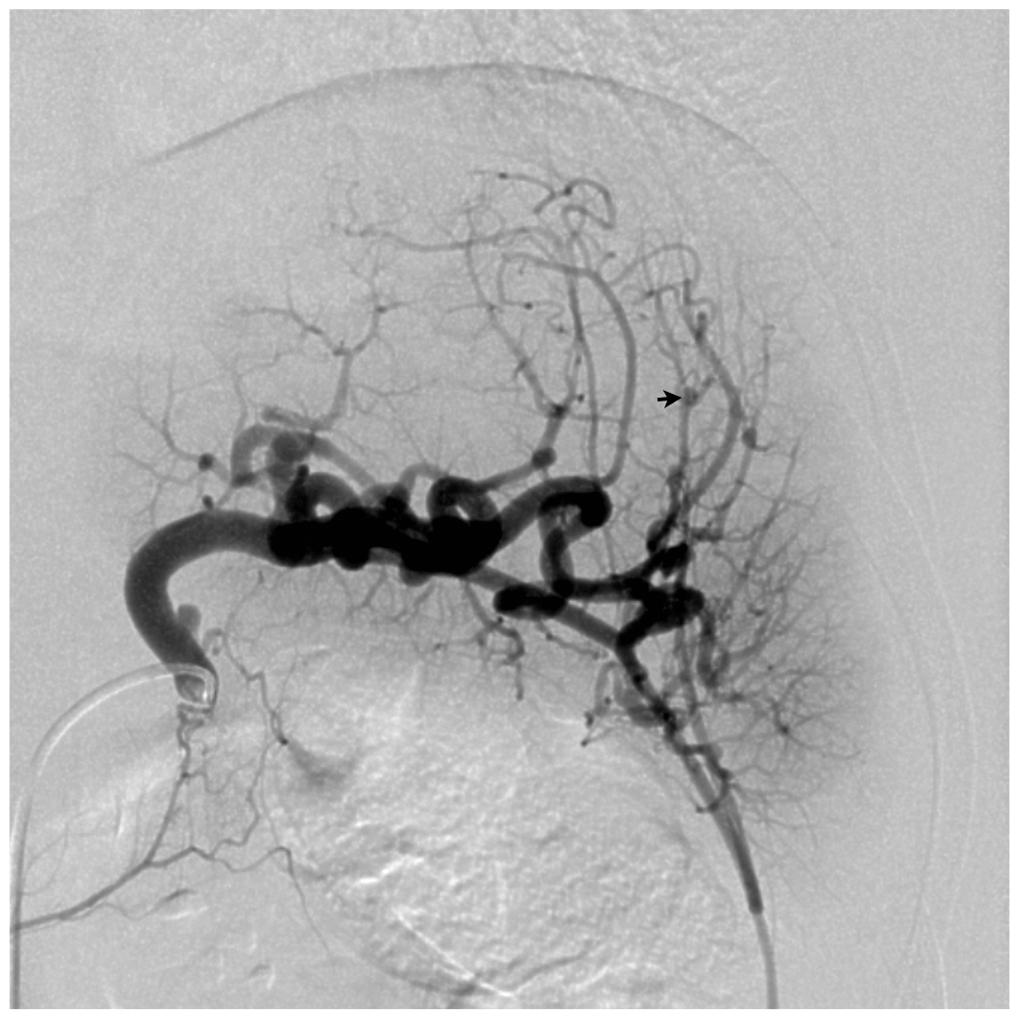
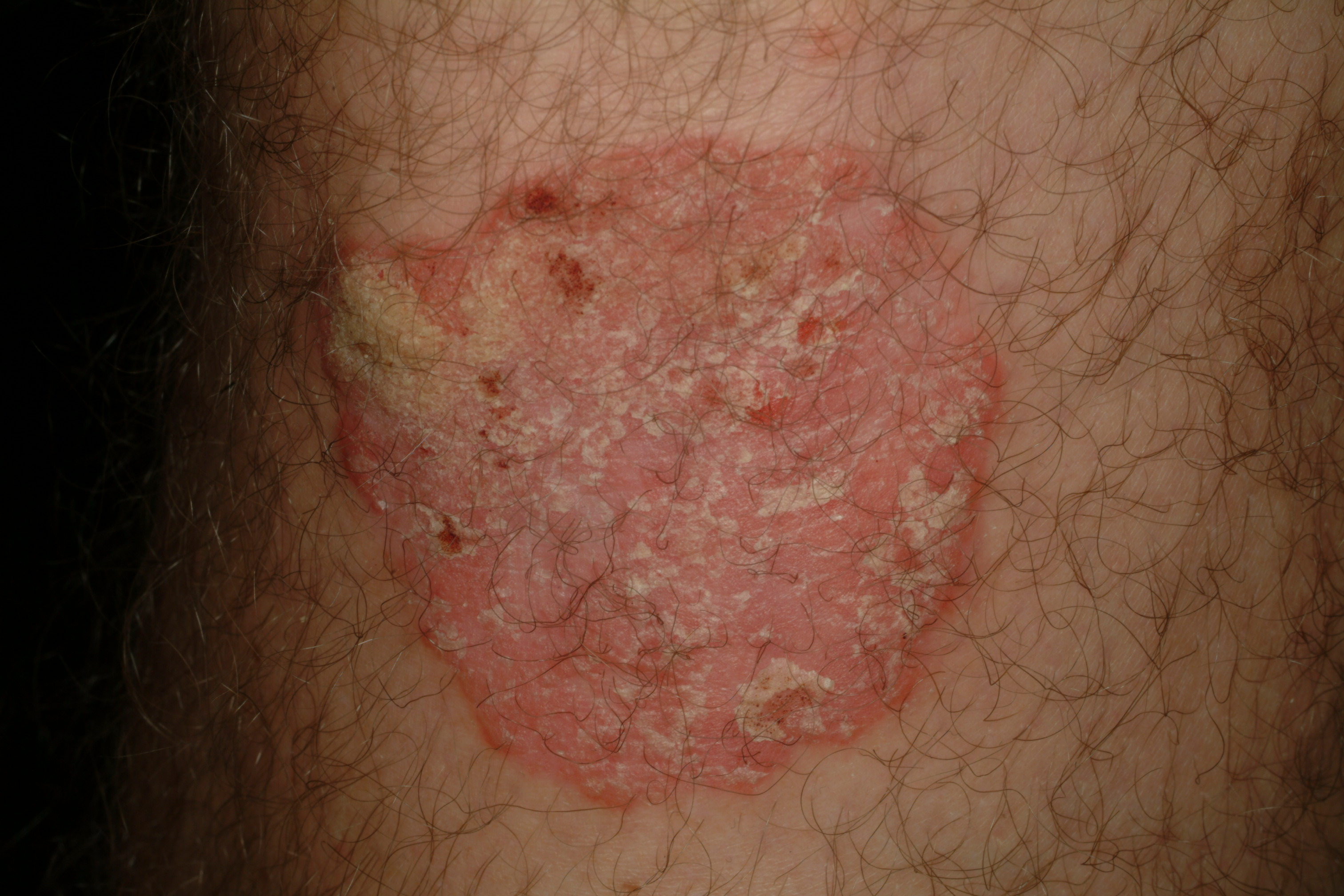

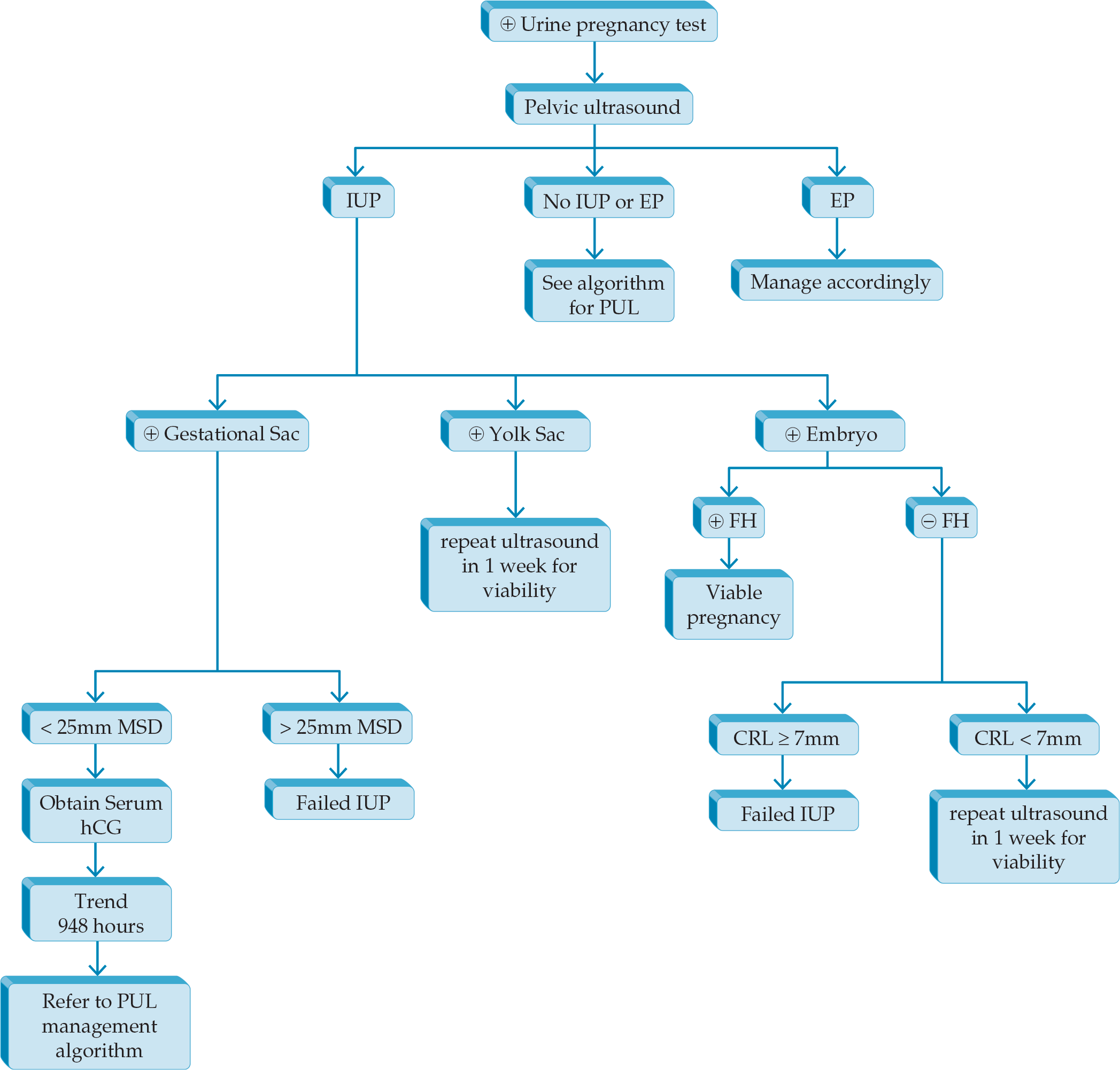

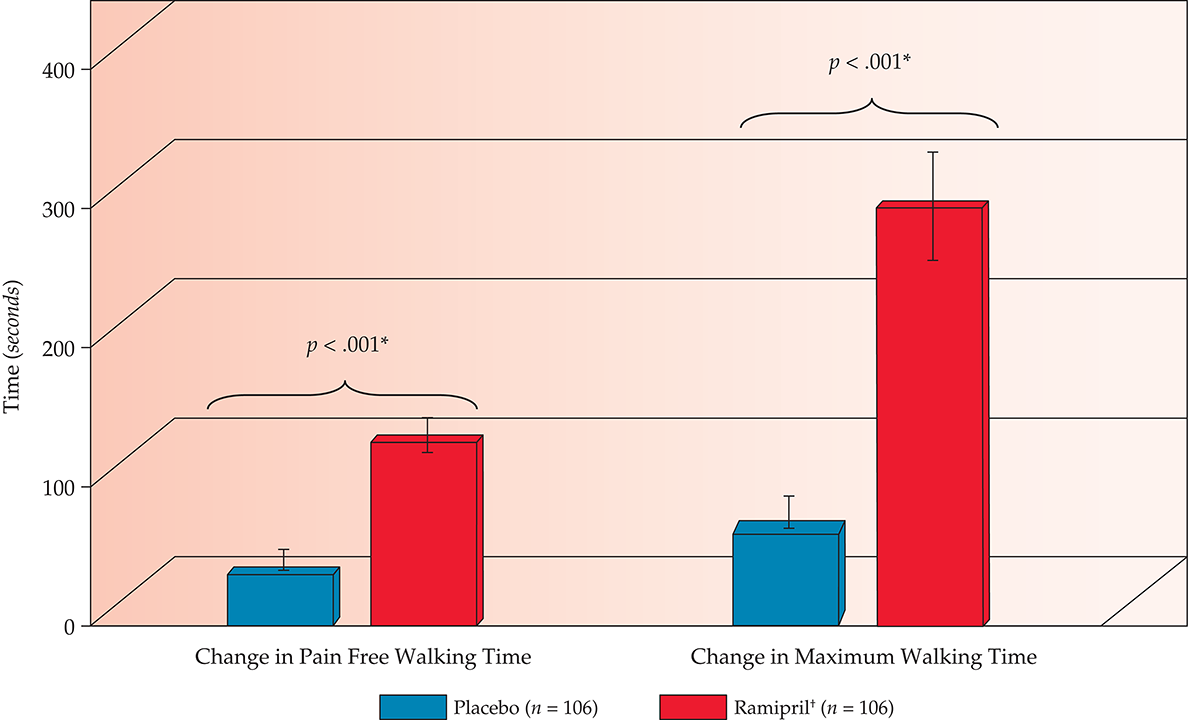


.png)







